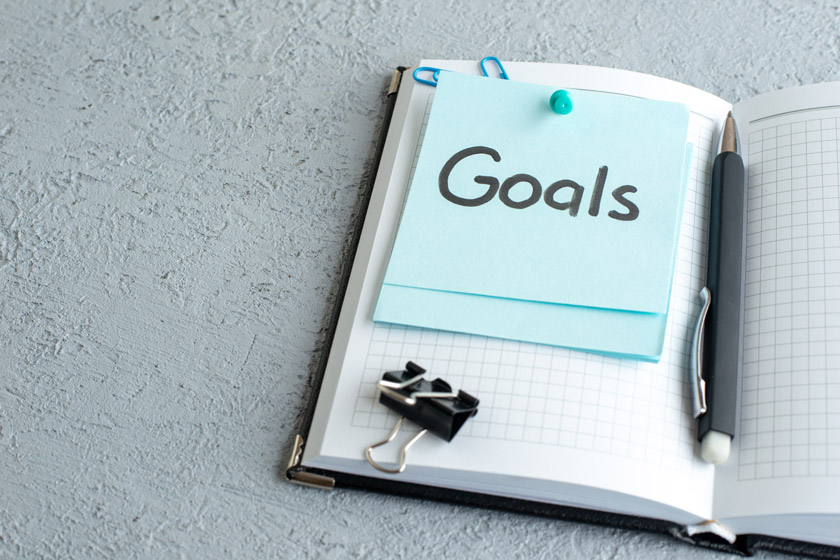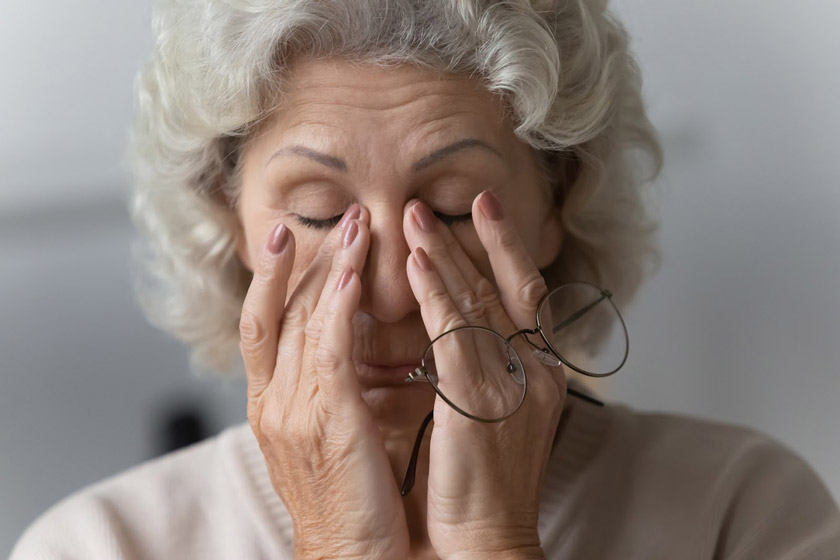
What Are the Most Important Self-Management Skills for Seniors?
We should take a moment to understand what self-management is all about before proceeding. What does it entail? How does it affect our lives? In self-management, you train your mental, physical, social, and intellectual faculties in different ways to be your own leader.
Seniors should pay special attention to this topic as we enter into a new lifestyle after retirement. Most of us don’t have to wake up early, eat breakfast fast, and leave the house for work in the morning. Retirement opens up a new era in which we can live a more comfortable life. But one might argue that without learning basic self-management skills, that comfort will soon disappear and go to waste.
Improving self-management skills will help seniors feel useful and happy.
What Are Precisely Self-Management Skills?
Self-management is basically managing our daily lives. Passion, belief, and actions are just a few examples. We can also set goals and achieve them in every situation of our lives with self-management skills. Our lives require self-management no matter how old or privileged we are.
1- Organization
The organization might only seem important to companies or businesses. It’s not true since we need better organization in our personal lives. This is even more apparent for seniors since we have more free time to use, and if we don’t use it wisely, we run a greater risk of health problems.
The truth is that seniors should plan their daily activities and routines to make the most of their time. To keep their minds active, seniors should prioritize their activities at home and engage in some responsibilities.

2- Goal Setting
As you noticed in the previous paragraph, having goals is not just for young people or businesses. Everyone at any age needs to set goals. We are alive because of our dreams, and if someone refuses to set goals, the future perspective will be lost. One must set new goals based on examining every step of life and how it links to the following situation.
We may set goals to make life more enjoyable during the retirement period, such as travelling, changing furniture, writing a small book, running a small business, helping our grand-kids, etc.

3- Time Management
Time is the most valuable resource we possess. Time management is also important for seniors, as it allows us to live effectively. Therefore, we need to prioritize our tasks to avoid forgetting them.
And because we spend so much time at home, we should plan our activities well. Among other things, should we devote time to physical activities, reading books, etc.?
Check out Time Management in Retirement and Why Is It Crucial for further information.

4- Self-Motivation
Generally, self-motivation can be the fuel of a rocket in our life. For seniors, it is crucial that they feel they are still essential members of society and families, and that is cause healthy lifestyle for seniors. So children have a vital role in encouraging their parents to have a healthy and active life. We can also be motivated by some activities; participating in some volunteer work is an excellent way to avoid being gloomy at home.
Reading success stories and having an idol would also greatly help. Because of this, we recommend that you check out the elderly with great accomplishments.

5- Stress Management
Elders are especially susceptible to stress. It causes damage to our organs, including our hearts, and causes heart attacks. Managing stress is, therefore, an important skill for seniors.
We should avoid stressful situations, such as debt, family feuds and hospital visits. We can work with a lawyer if we have any disputes with someone else. A crowded city can also be stressful.
Moreover, stress management helps us manage our feelings when we are in a stressful situation. If you wish to learn this skill, you can read psychology books or speak to a good counsellor.

Conclusion
These five skills will help you learn to manage your time better. Motivation, time, stress, goals, and organization are all crucial parts of life, as you can see in the article.
The article is not merely motivational. It includes an analysis that every individual needs. Every one of us will experience ageing, so we need to decide how to enjoy our retirement years. Let us know your ideas in the comments section below.
For me, the hardest skill to master is self-motivation. I always start everything with a great amount of energy and passion, but somehow I always lose motivation along the way. I wish I were surrounded by people who didn’t make me feel useless, or at least I could manage to stay motivated all by myself.
As a time management coach, no joke, this is definitely a part of what I have to teach people to do properly all the time – putting everything into real time. It’s harder than it sounds for most people to do this.
This problem has nothing to do with age; even many young people have difficulty with self-motivation and usually seek motives from external factors. Well, as the word speaks, it’s ” self-motivation,” meaning you need to motivate yourself by taking the results and your goals into account. That’s really great skill. You can make it if you want.
Never mind if I could not handle some difficult situations as I was younger, but now I can’t forgive myself for not gaining those useful skills to manage all the hardships that come to me today. You see… by the age of 50 or more it’s getting a little hard to learn new skills or switch into a better routine … being organized after 60 years of a messy life is actually a big deal to me.
It’s never too late. You remind me of myself, but now that I’m in my late 50s, I help my grandchildren clean up, organize their room, and do they! All you need is just a little support and the help of others.
Hi, I have a daily planner, and I highly recommend it. It helps me set goals, and it makes me satisfied at the end of the night when I see I was able to manage them all. In my opinion, it’s essential to plan for every minute of your life. We all need to be more active and productive as we age. By the way, with a planner, you will never forget the important things.
Personally, I think time management is more than just making an effective plan by filling all the empty spots with different stuff to do. You got to know your limits. If you push your body more than its tolerance limit for too long, you will burn out, which will make you less productive in the long run. I think the most critical aspect is to learn about your burnout signs. For example, if every day feels the same to me, and I’m not happy about the things I have in my schedule, I decide to take a break and pay more attention to the fun activities that I usually enjoy doing. Maybe even take a day off from everything.
In my opinion, the most important self-management skill and many times overlooked is self-learning. Nowadays, you can learn any skill you like by reading about it or doing courses. My preferred method is to read the experiences of others.
We must improve ourselves at every stage of life.
That being said, don’t just read something. Learning what is possible or what other people do is meant to give you ideas. I always suggest keeping an open mind and trying things to see what works for you.
Learn it by planning and executing like any other management practice.
I’ve had a problem managing my time and planning since I remember. To be more accurate, I’m good with planning a schedule, but I’ve never been so good at executing these plans. I’ve tried everything; I’ve set goals, tried to motivate myself, and even consulted with a therapist. Honestly, I’m kind of desperate. I feel like I’ll never be able to follow my schedule ever. I will be so thankful if anyone can give me some advice to solve my problem.
Small habits lead us to our significant steps in life. It is essential to make the proper life improvements to achieve what we want without getting impatient about the future. While it is important not to give up and never stop learning, everyone also has to be honest with themselves to identify weaknesses and areas of improvement to focus on them. Self-care is important.
I had brain surgery, which left my memory in lousy shape. I have an awful sense of time and never know what day it is.
I’m terrible at remembering basic to-dos and simple stuff like when I last showered.
It sounds glum, but overall, I’m pretty happy because the planner has helped me let go of some tension and control issues. Using a handwritten planner has allowed me to function as a normal adult, even improving my routines!
It has also helped with my anxiety about forgetting things…
My planner helps me be prepared for tomorrow and to be productive…